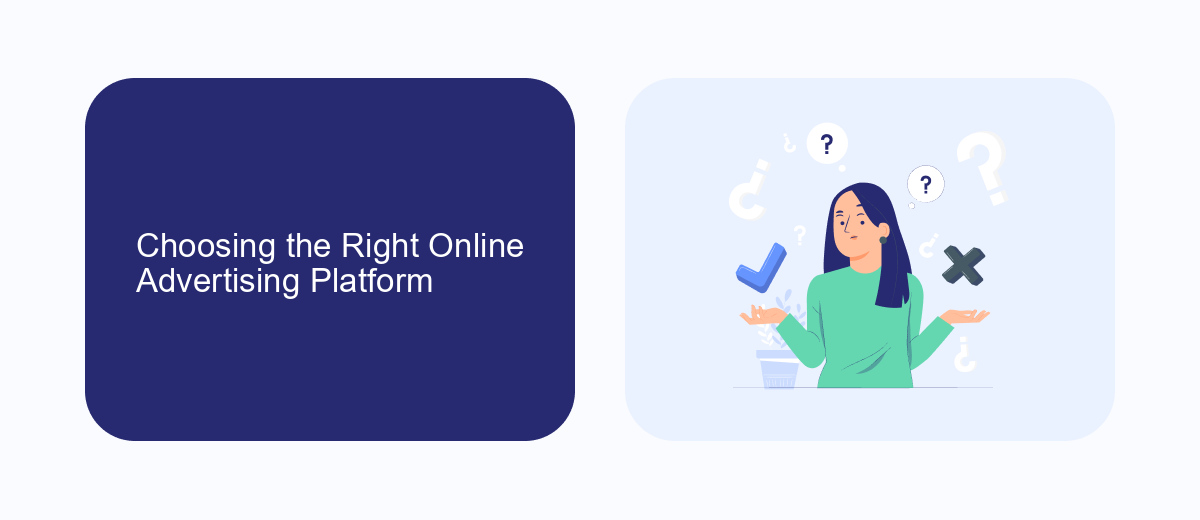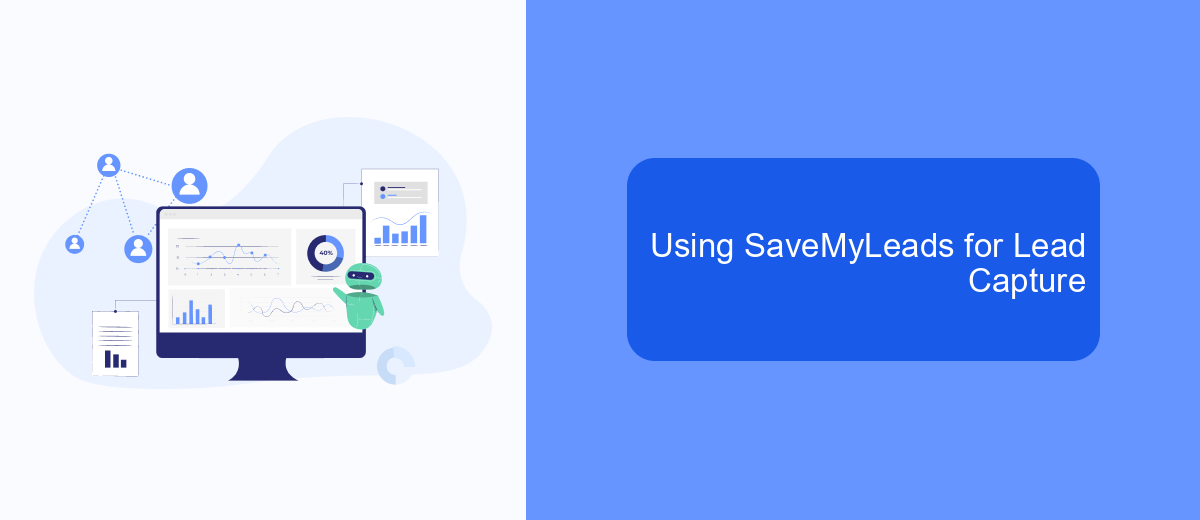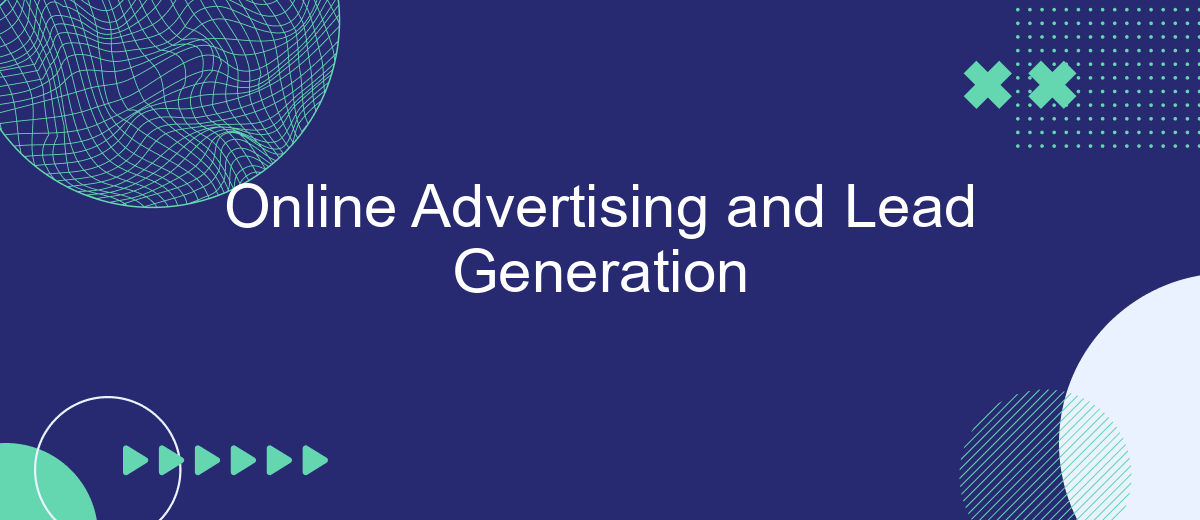Online advertising has revolutionized the way businesses connect with potential customers, making lead generation more efficient and targeted than ever before. By leveraging data-driven strategies and advanced technologies, companies can reach specific audiences, track engagement, and optimize campaigns in real-time. This article explores the dynamic landscape of online advertising, highlighting key methods and tools that drive successful lead generation in today’s digital age.
Understanding Online Advertising and Lead Generation
Online advertising and lead generation are crucial components of modern digital marketing strategies. Online advertising involves promoting products or services through digital channels such as search engines, social media platforms, and websites. It aims to reach a wider audience, increase brand visibility, and drive traffic to websites. Lead generation, on the other hand, focuses on identifying and attracting potential customers who are interested in a company's products or services. This process involves collecting contact information from prospects and nurturing them until they are ready to make a purchase.
- Search Engine Advertising: Placing ads on search engine results pages to target specific keywords.
- Social Media Advertising: Using platforms like Facebook and Instagram to reach target audiences.
- Display Advertising: Using banner ads on websites to attract potential customers.
- Email Marketing: Sending targeted emails to engage and convert leads.
- Content Marketing: Creating valuable content to attract and engage potential customers.
Understanding the synergy between online advertising and lead generation is essential for businesses looking to optimize their digital marketing efforts. By leveraging various advertising channels and lead generation techniques, companies can effectively reach and convert their target audience, ultimately driving growth and increasing revenue.
Choosing the Right Online Advertising Platform

Choosing the right online advertising platform is crucial for maximizing your marketing efforts and generating quality leads. Consider your target audience's demographics and preferences when selecting a platform. For instance, if your audience is primarily young professionals, LinkedIn might be more effective than Facebook. Additionally, assess the platform's advertising features, such as targeting options, ad formats, and analytics tools, to ensure they align with your campaign objectives. It's also important to evaluate the platform's cost structure to ensure it fits within your budget while providing a good return on investment.
Integration capabilities are another critical factor when choosing an online advertising platform. Efficient lead management is essential, and platforms that offer seamless integration with lead management tools can streamline your workflow. Services like SaveMyLeads can automate the process of transferring leads from your advertising campaigns to your CRM or other marketing tools, saving time and reducing the risk of errors. By leveraging such integrations, you can focus on optimizing your campaigns and nurturing leads, ultimately enhancing your overall advertising strategy.
Creating Effective Lead Generation Content

Creating effective lead generation content is crucial for capturing potential customers' interest and guiding them through your sales funnel. To achieve this, it's important to focus on delivering value, addressing pain points, and establishing trust with your audience. By crafting content that resonates with your target market, you can significantly enhance your lead generation efforts.
- Identify your target audience: Understand their needs, preferences, and challenges to tailor your content effectively.
- Create compelling headlines: Use attention-grabbing headlines to attract and engage your audience from the start.
- Offer valuable insights: Provide informative and actionable content that addresses your audience's specific problems.
- Include strong calls to action: Encourage your audience to take the next step, whether it's signing up for a newsletter or downloading a resource.
- Utilize various content formats: Experiment with blogs, videos, infographics, and webinars to appeal to different preferences.
By implementing these strategies, businesses can create content that not only attracts leads but also nurtures them throughout the buying process. Consistently analyzing and optimizing your content strategy will ensure that it remains relevant and impactful, ultimately leading to higher conversion rates and business growth.
Using SaveMyLeads for Lead Capture

SaveMyLeads is a powerful tool designed to streamline the process of lead capture, making it easier for businesses to gather and manage potential customer data. By integrating SaveMyLeads into your online advertising strategy, you can automate the collection of leads from various platforms, ensuring that no potential customer slips through the cracks.
One of the key advantages of using SaveMyLeads is its ability to connect with a wide range of applications and services. This flexibility allows businesses to tailor their lead capture process to their specific needs, ensuring that they can effectively track and engage with potential customers.
- Automated lead collection from multiple platforms
- Seamless integration with existing CRM systems
- Customizable workflows to suit business needs
- Real-time data synchronization for up-to-date lead information
By leveraging SaveMyLeads, businesses can enhance their lead generation efforts, resulting in more efficient and effective customer acquisition. This tool not only simplifies the process but also provides valuable insights into lead behavior, allowing businesses to refine their marketing strategies and improve conversion rates.
- Automate the work with leads from the Facebook advertising account
- Empower with integrations and instant transfer of leads
- Don't spend money on developers or integrators
- Save time by automating routine tasks
Tracking and Analyzing Results
Tracking and analyzing results in online advertising and lead generation is crucial for optimizing campaigns and achieving desired outcomes. By leveraging tools like Google Analytics and Facebook Pixel, businesses can monitor user interactions, measure conversion rates, and assess the effectiveness of their advertising strategies. These insights enable marketers to make data-driven decisions, refine their targeting, and allocate budgets more efficiently. Regular analysis of key performance indicators (KPIs) such as click-through rates, cost per lead, and return on ad spend ensures that advertising efforts are aligned with business goals.
Integrating tracking systems with CRM platforms further enhances the ability to manage and analyze leads. Services like SaveMyLeads simplify this process by automating data transfer from advertising platforms to CRM systems, ensuring that all lead information is accurately captured and easily accessible. This seamless integration allows businesses to track the customer journey from initial contact to conversion, providing a comprehensive view of campaign performance. By continuously monitoring and adjusting strategies based on real-time data, companies can improve lead quality and increase conversion rates, ultimately driving greater return on investment.
FAQ
What is online advertising and how does it work?
How can I generate leads through online advertising?
What are the key metrics to track in online advertising for lead generation?
How can I automate and integrate my lead generation process?
What are the benefits of using online advertising for lead generation?
You probably know that the speed of leads processing directly affects the conversion and customer loyalty. Do you want to receive real-time information about new orders from Facebook and Instagram in order to respond to them as quickly as possible? Use the SaveMyLeads online connector. Link your Facebook advertising account to the messenger so that employees receive notifications about new leads. Create an integration with the SMS service so that a welcome message is sent to each new customer. Adding leads to a CRM system, contacts to mailing lists, tasks to project management programs – all this and much more can be automated using SaveMyLeads. Set up integrations, get rid of routine operations and focus on the really important tasks.

